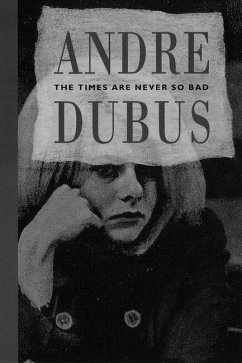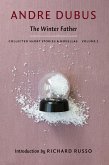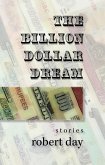All of Dubus' writerly strengths are exhibited in this fourth, most impressive collection of his stories - as are some of his less significant weaknesses. Again he displays a knack for images tailored to the status and situation of the character: in "The Pretty Girl," a young woman takes revenge after being raped by her ex-husband - a man whose thoughts are captured in vivid plain-poetry. ("There are things you can do in the daytime that make you feel like your marriage isn't a cage with rattlesnakes on the floor"; "You do some things you wish you hadn't, and thinking about them afterward doesn't do any good for anybody, and you just feel like your heart has the flu.") Elsewhere, Dubus - like de Maupassant - is controlled enough to take just the right approach, neither condescending nor ennobling, to small-scale yearnings: in "Anna," a young married couple (she a clerk, he a hamburger-turner at Wendy's) rob a drugstore for $2,000, only to realize that "There's too much to get" - that if their expectations are small, their dreams are even smaller, overwhelmed when put to the test. And the three best stories demonstrate Dubus' charity, a generosity that allows him to encircle complex, ambivalent feelings: in "Bless Me, Father," a co-ed has a confrontation with her adulterous father, which leads to mutual confessions and vicious mutual sell-outs; in "Goodbye," a father is unable to leave the bar for his son's last dinner at home before going off to the Marines; and, most outstandingly, "A Father's Story" presents a thoughtful and ethical Catholic who is forced to cover up his daughter's hit-and-run killing of a pedestrian. True, Dubus' flaws are here too: a C&W-like sentimentality ("The Captain"); occasional strangling sentences; an over-reliance on italics and knives. Yet, for the most part, this is Dubus at his best - embracing his Catholic subject-matter more emphatically than before, emerging more clearly as a super-realist who operates not from the outside (like Ann Beattie) but from within the hearts of his un-cool, emotional people. In all: intense, credible, often very moving work. (Kirkus Reviews)
Hinweis: Dieser Artikel kann nur an eine deutsche Lieferadresse ausgeliefert werden.
Hinweis: Dieser Artikel kann nur an eine deutsche Lieferadresse ausgeliefert werden.








